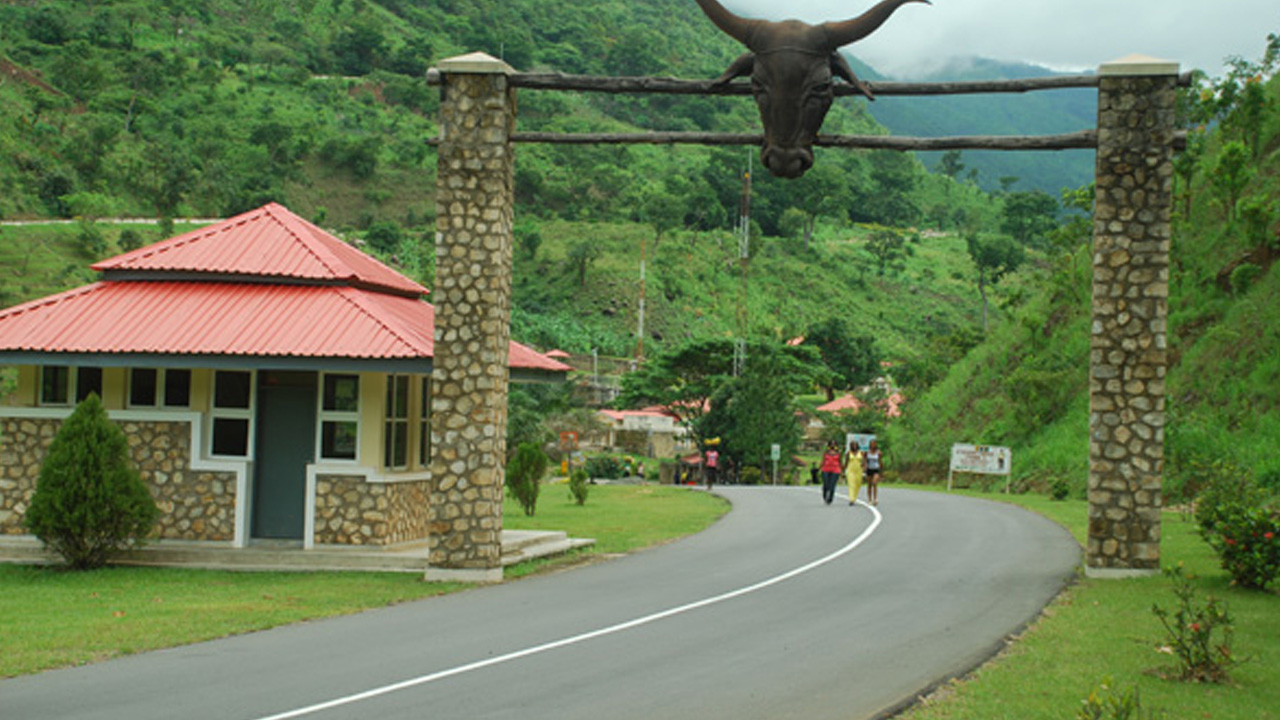Revelations in a report showing that 5,822 persons died from cult-related violence recorded over 15 years in the country should not surprise anyone, even remotely, following the prevalence of cultism. For far too long, sights of grievous body injury and mindless deaths after cult clashes have become commonplace in news platforms and in communities. Within the past few years, secret societies/secret cults have remained a menace in institutions of higher learning and society at large, causing death and harm to victims, and disrupting public peace.
Despite Section 38(4) of the 1999 Nigerian Constitution (as amended) prohibiting every Nigerian from forming or taking part in the activities or being a member of a secret society, cultism has flourished, infiltrating the larger society and aggravating violence-related mortality, a great driver of adult mortality in Nigeria, despite the country already being one of the most terrorised globally.
Cultism in the country is confirmed as a leading cause of violence by the 5,822 cult-related deaths recorded between 2006 and 2021 in 31 states and the Federal Capital Territory. A recent report released by the SBM Intelligence showed that no fewer than 1,686 people were killed in 909 incidents of gang violence across the country, between January 2020 and March 2025. The South-South and South-West emerged as strong bases for these atrocities, as well as the worst-affected zones.
The report indicated that Rivers State topped the list with 215 deaths. Lagos State followed with 197 deaths, while Edo State came third with 192 deaths. The clashes, the report explained, raged mainly between groups such as Greenlanders, Black Axe, Eiye, Vikings, Aiye, and Icelanders. Of the 1,686 deaths, South-South alone accounted for over 750. A total of 491 fatalities, the report said, were documented in the South-West, with Lagos and Ogun states witnessing recurrent clashes between the Aiye and Eiye confraternities.
“The South-West recorded over 491 deaths, with Lagos being a hotspot for Aiye and Eiye clashes. The Southeast is also highly lethal (215+ deaths), with Anambra seeing significant Viking and Aiye activities. Anambra State led the South-East list of troubled spots as it recorded 215 deaths from increasing Viking and Aiye rows.
“North-Central states like Benue endure violence from Scavengers and Chain (204+ deaths). Conversely, the North-East and North-West experience minimal traditional gang activity, having fewer than 30 total fatalities, as these regions contend with larger terror groups,” the report stated.
Again, the widespread percolation of cultism in the polity was recently displayed when four state police commands – Ogun, Ondo, Oyo, and Edo simultaneously warned residents against ‘777’ cult celebrations.
As Edo State remains a hotbed of cultism, the state House of Assembly in 2018 passed a Bill for a law to repeal and re-enact the law to prohibit the existence, membership, and activities of secret cults in the state.
That Bill prescribed a 21-year jail term for secret cult members and seven-year imprisonment for anyone who harbours a cultist, and also prescribed that all offences under the law shall be by summary trial; and empowered the police to arrest suspected cultists without a warrant. Edo State Governor, Monday Okpebholo, in January this year, signed the bill into law.
Sections 66(1)(g), 107(1)(g), 137(1)(h) & 182(1)(h) of the 1999 Constitution of the Federal Republic of Nigeria (as amended) disqualify anyone who is a member of a cult group, or a secret society, from vying for the elective public offices. Section 38(4) of the same constitution prohibits all from forming, taking part in the activity or holding membership of a secret society. Many Nigerians strongly suspect that many elected office stakeholders are into cultism, thus making it difficult to eradicate the vice.
Nigerians are justifiably worried about the intractable nature of cultism in the country, but suspect that the Nigeria Police Force has been poor in tackling the menace because of alleged involvement of highly influential persons, including security operatives, and highly placed elected political leaders in cultism.
While poverty, unemployment, and lack of educational opportunities create conducive environments where youths seek belonging and identity through cult groups, inadequate legislation or inconsistent enforcement, on the other hand, allows cult groups to proliferate and operate with impunity.
Apart from a weak legal framework and enforcement, instances of police or government officials colluding with, or being bribed by, cultists abound. Without a doubt, scenarios like this also hamper the effective crackdown on cultism, in the same way as cult violence discourages investment, tourism, and social progress.
Limited manpower, poor funding, and the absence of necessary equipment for crime fighting, on the other hand, hinder effective policing, even as the lack of political will by some officials, who may prioritise political stability over decisive action, helps to keep the menace of cultism alive.
As the police continue to make a song and dance of their determination to rid the country of cultism, they should seek to better enforce existing laws and press for necessary reviews where the laws are found to be weak or inadequate. This is especially necessary given the fact that cult groups often operate with sophisticated networks in the course of their clandestine endeavours.
With the likelihood that community reluctance may creep in, and a climate of fear and distrust preventing victims, witnesses, and community members from cooperating with the police to curb the menace, the police and other security agencies should go beyond the bland issuance of press releases urging cultists to turn over a new leaf. They should explore legal means of protecting informants and witnesses, while ensuring that examples are made of persons found to have breached the law with their membership in secret cults.
Eradicating cultism in Nigeria requires a multifaceted approach that combines law enforcement, community development, and social intervention. Sustained political will, community participation, and comprehensive strategies are equally essential for long-term success in addition to rehabilitation and support programmes for cult members who wish to disengage from the crime.
Education, employment opportunities, and social services that would contribute to reducing factors responsible for youths joining cult groups should be enhanced, while judicial processes must be strengthened to ensure that culprits are swiftly prosecuted and appropriately punished to serve as a deterrent. Civil society organisations should also be mobilised to collaborate and share intelligence with security agencies, schools and community groups.
To inflict severe blow to cultism and secret societies

Cultism





